 What are the pros and cons of having a newborn vaccinated for Hepatitis B? - Dr. Dhanashree Kulkarni - YouTube
What are the pros and cons of having a newborn vaccinated for Hepatitis B? - Dr. Dhanashree Kulkarni - YouTubeBenefits of hepatitis B vaccine for newborns There is no cure for hepatitis B infection, so doctors depend on vaccines to help prevent it. Hepatitis B attacks the liver and can lead to life-threatening complications without treatment. Hepatitis B infection is a potentially serious condition. According to a new policy, newborns must receive their first vaccine on their first day of life. Although most people consider that the vaccine is crucial to the safety of a child, others oppose it. In many cases, this opposition is due to the disinformation or concern of the child. The recommendation that newborns receive their first dose of hepatitis B vaccine in the first 24 hours of their life. One reason for this is that the biological mother may pass the infection to the baby, which is known as a perinatal infection. If a newborn gets hepatitis B, there is a significant possibility that this infection is chronic, which means it will persist for a long time. Without treatment, the baby may die from complications of the infection. The main benefit of the vaccine is its effectiveness. AAP notes that if doctors give the first dose of hepatitis B vaccine within 24 hours of delivery of the baby, it is effective to prevent the passage of hepatitis B from the biological mother to the baby. If the newborn also receives hepatitis B globulin immune (HBIG) medication at the right time and a series of follow-up vaccines, AAP estimates that the infection rate drops to between 0.7 and 1.1 percent. For the best possible protection, the baby will need to complete the complete series of vaccines. The condition that the vaccine is very safe. The complete series of the vaccine provides the highest possible level of infection protection. Some people remain concerned about the safety of vaccination. The reasons for this concern may vary. Part of fear may be due to older investigations. For example, an association indicated an association between the Engerix B vaccine, a specific type of hepatitis B vaccine and a higher risk of harm to (CNS) later in life. However, researchers point out that this was the exception, not the rule. They also highlight the need for more studies to validate this finding. In general, their research indicates that hepatitis B vaccination generally does not increase the risk of damage to CNS. Vaccines are subject to constant safety surveillance both during production and once doctors begin to administer them to people. Any indication of a potentially dangerous response to a vaccine would result in immediate remembrance. Most research indicates that hepatitis B vaccines are a safe and effective way to prevent infection. As with any medication, hepatitis B vaccine carries the risk of side effects. These side effects are usually very mild. The person may have a mild or experience pain in the area of the shot for a few days. According to the hepatitis B vaccine it cannot cause hepatitis B. Although manufacturers use parts of the hepatitis B virus to create the vaccine, these are inactive. They only serve to train the body to fight the specific cells of the virus. Although many people misunderstand or mistreat the dangers of some aspects of vaccination, there are still possibly severe conditions that may have an association with hepatitis B.A vaccination review in the debates of these possible rare complications. It is important to note that these results do not mean that the vaccine causes these conditions, but that there may be an association between them. Possible complications include: In very rare cases, a baby may also have an extreme allergic reaction to the vaccine. Any sign of , such as the baby who seems to have trouble breathing, going out in a rash, or changing the tones of the skin, indicate the need for immediate medical care. The baby's main risk of not receiving the vaccine is that they can get the hepatitis B virus. Hepatitis B mainly attacks the liver, causing inflammation that can damage this organ over time. Acute infection lasts less than 6 months, and can cause symptoms in some people. Other people experience symptoms, which may include: Many acute infections are solved without treatment. If the infection persists for 6 months or more, doctors refer to it as a chronicle. Chronic infections increase a person's risk of damage to the liver over time. As this damage accumulates, it can heal the liver, which is known as . This long-term damage can result in other complications, including . According to , about 3,000 Americans die every year because of liver failure or liver cancer resulting from hepatitis B. Experts consider that hepatitis B vaccine is safe and effective. People should ideally receive the vaccine at the earliest possible age to protect them from getting hepatitis B. AAP recommends vaccination of newborns on the day of birth. Although most pregnant women receive hepatitis B tests as part of their prenatal care, the test may occasionally result in a false negative result. There is no cure for hepatitis B. Even people recovering from the infection may have a higher risk of health complications later in life. CDC concludes that vaccination is the best way to prevent hepatitis B.Last newsRelated CoverageOUR BRANDS
Accessibility links Search results Is the webhep b vaccine at birth? - May 2016 - BabyCenter AustraliaHep B and Vitamin K - June 2017 - BabyCenter Australia People also ask results on the web Hep B Injection at birth - October 2017 - BabyCenter AustraliaVacinations - March 2018 - BabyCenter Australia Newborn eelings and tests - November 2014 - BabyCenter AustraliaVitamin K injectable or oral doses? - March 2016 - BabyCenter ...Powers Dry Cell Disease - BabyCenter Australia If you want, you can. Foot links
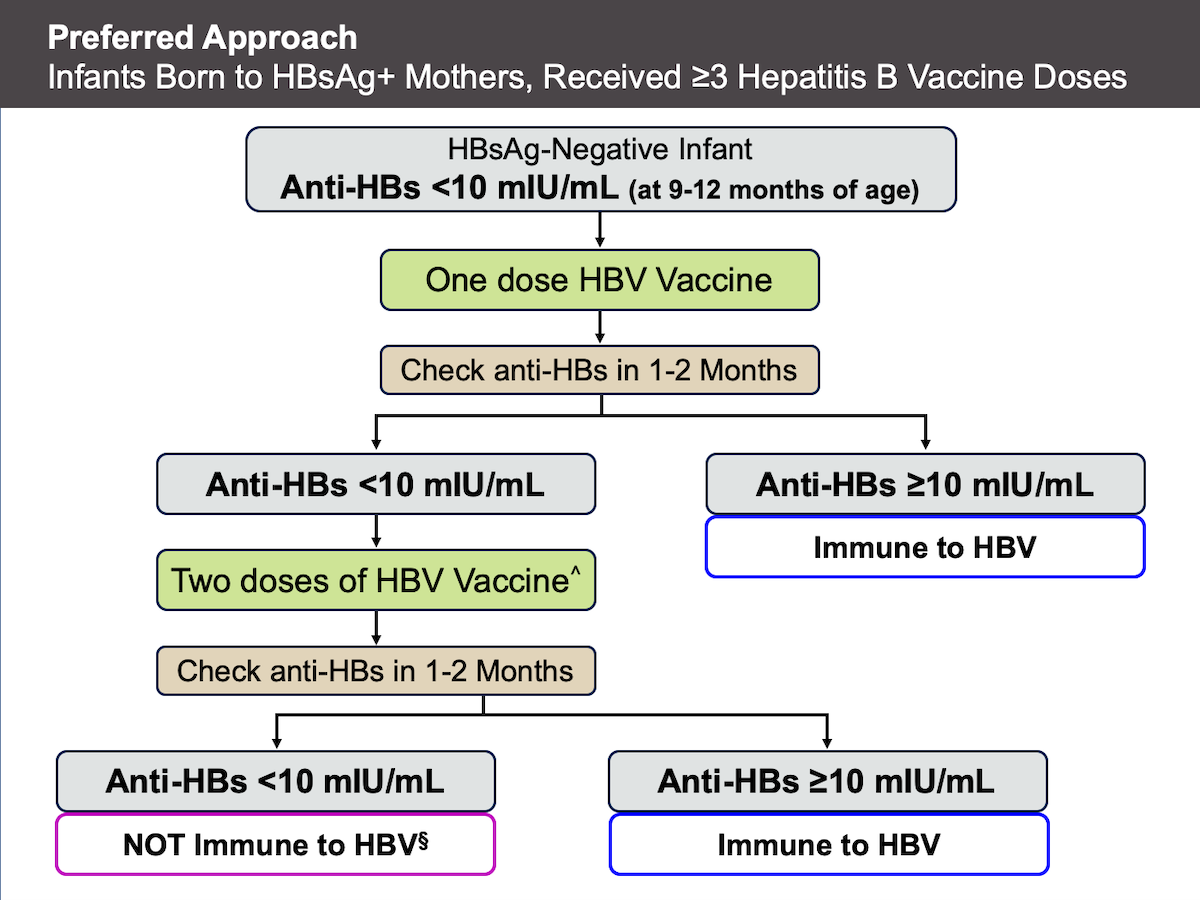
Core Concepts - Preventing HBV Perinatal Transmission - Prevention of HBV - Hepatitis B Online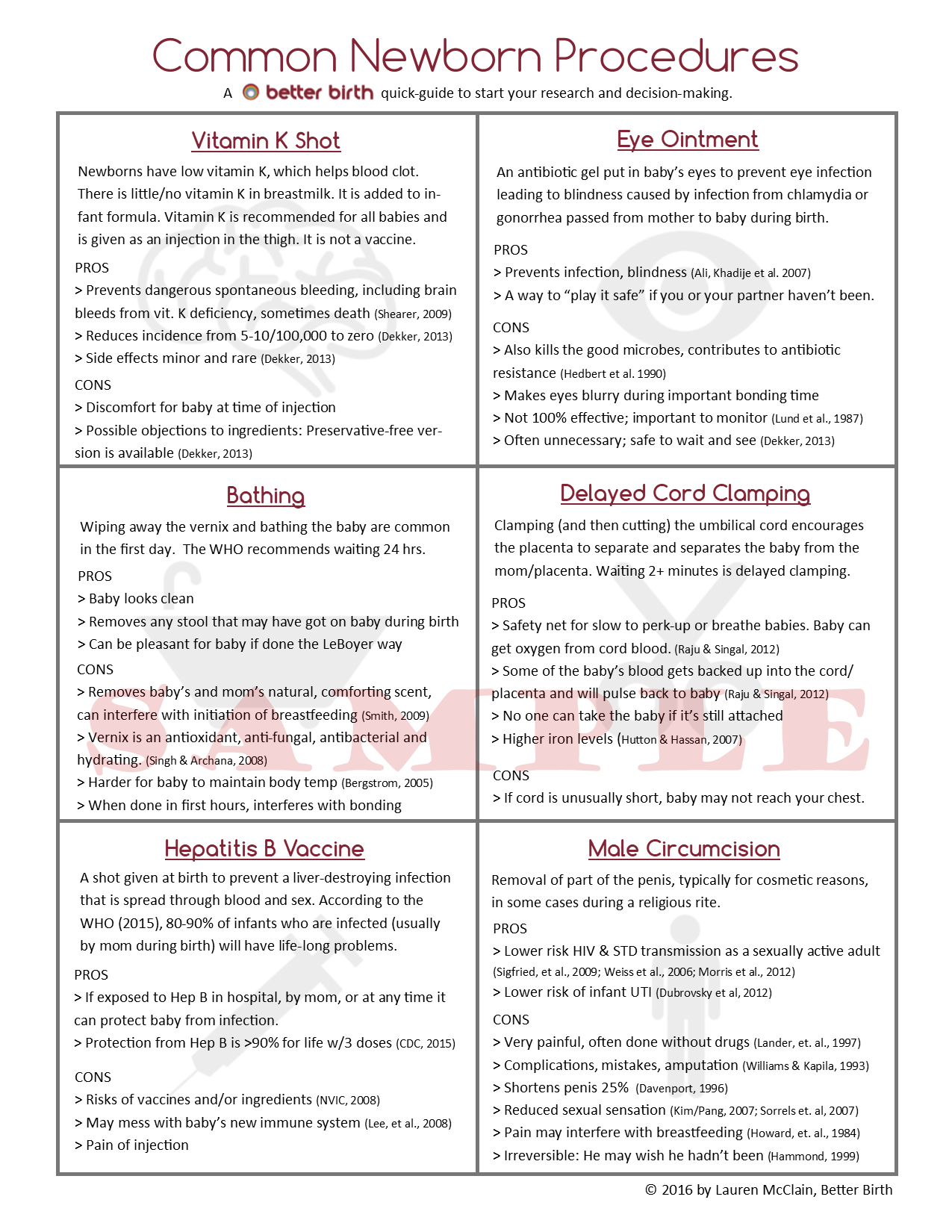
Newborn Procedures Handout - Better Birth Blog
Why do newborns need the hepatitis B vaccine?
Contrasting features among various types of vaccines. Pros and cons in... | Download Scientific Diagram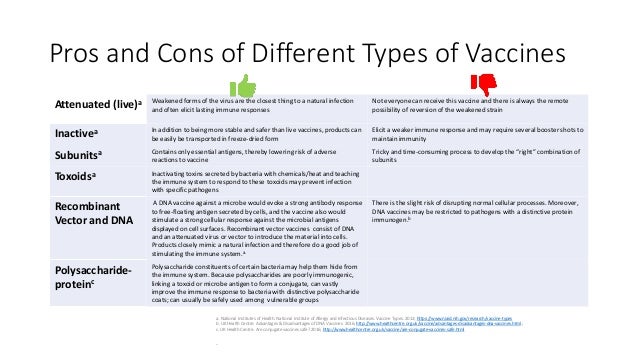
The Vaccine Debate
Why Vaccinations? Pros and Cons Of Vaccinations
Why do newborns need the hepatitis B vaccine?
MODULE 2 Types of vaccine and adverse reactions
Hepatitis B virus infection in children - Jonas - 2013 - Clinical Liver Disease - Wiley Online Library
Give the birth dose
Why do newborns need the hepatitis B vaccine?
The Effect of Maternal Immunisation During Pregnancy on Infant Vaccine Responses - EClinicalMedicine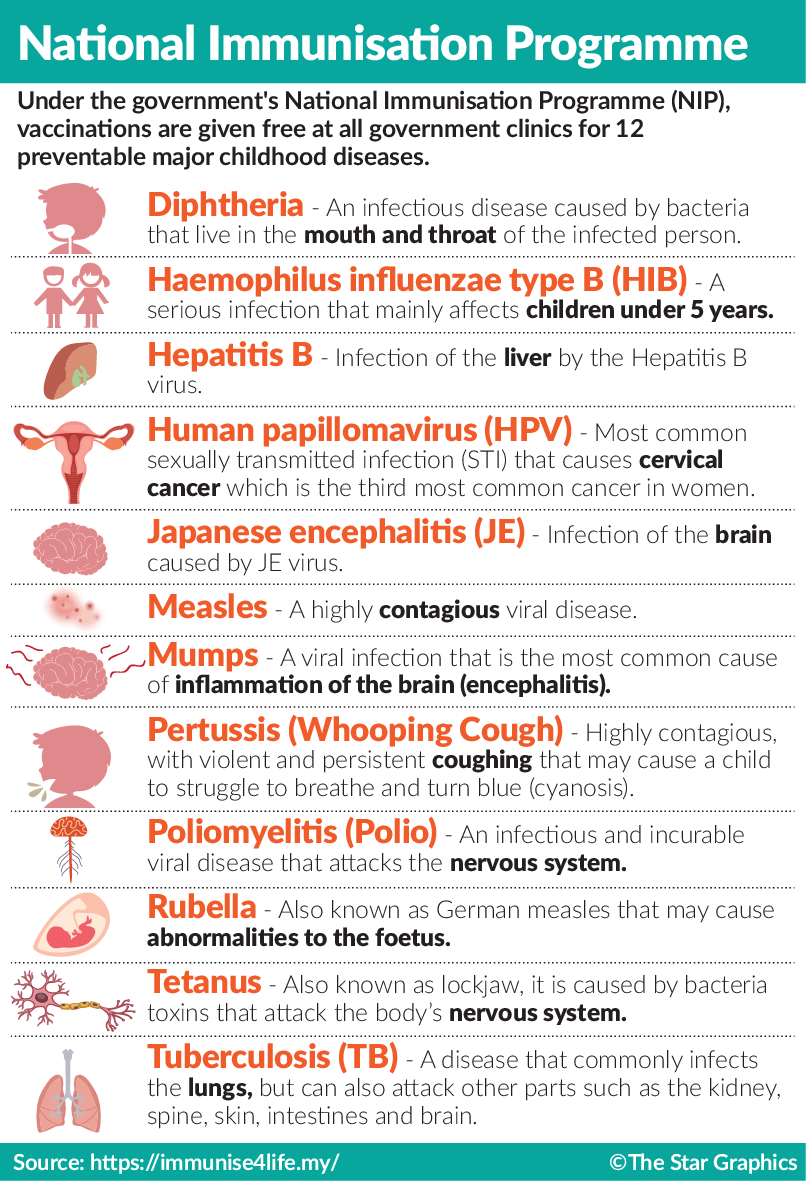
Vaccination compulsory for all kids' | The Star
What are the pros and cons of having a newborn vaccinated for Hepatitis B? - Quora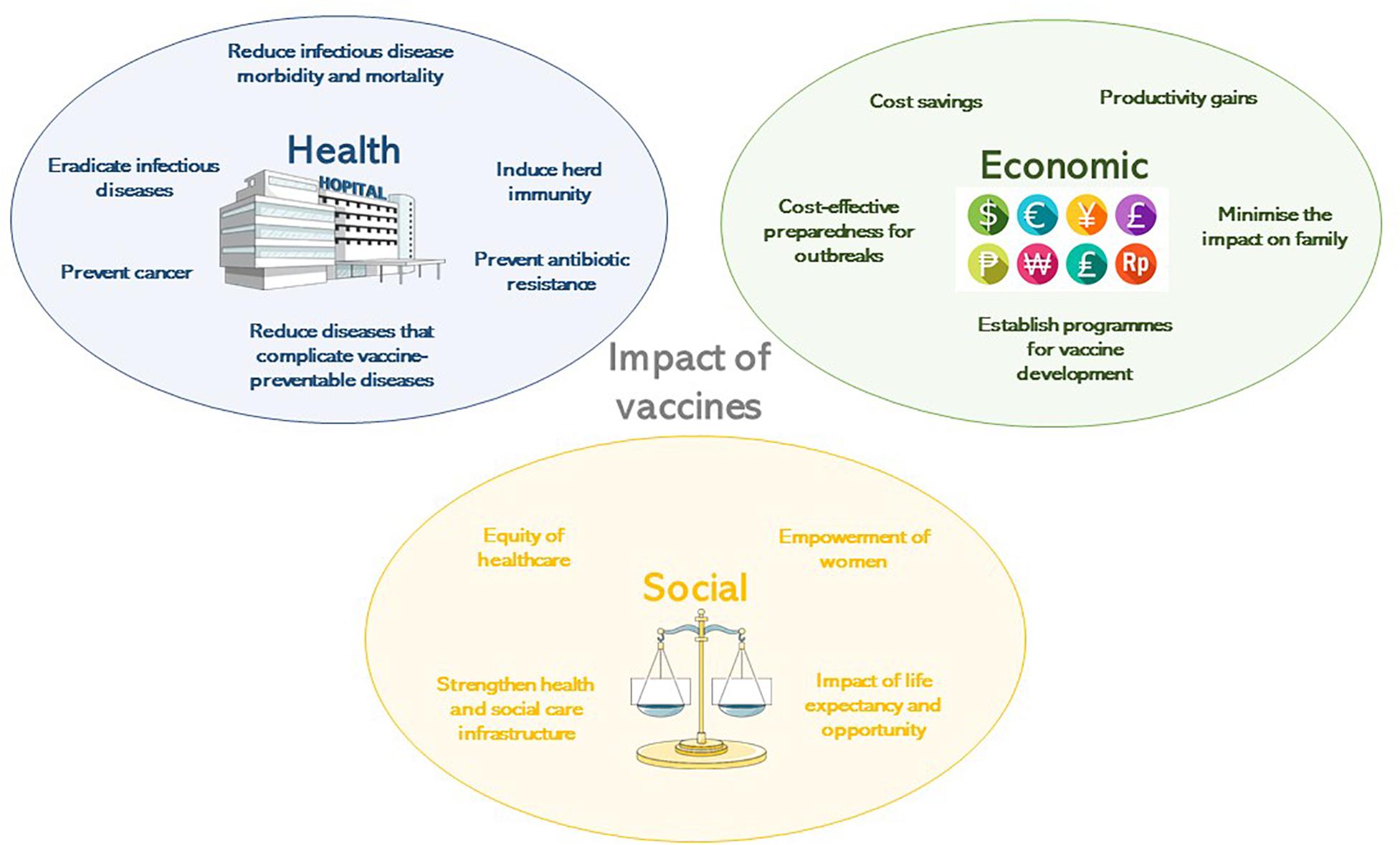
Frontiers | Impact of Vaccines; Health, Economic and Social Perspectives | Microbiology
Vaccines - Pros & Cons - ProCon.org
Why do newborns need the hepatitis B vaccine?
Vaccine hesitancy and healthcare providers - ScienceDirect
Vaccination - ScienceDirect
From adenoviruses to RNA: the pros and cons of different COVID vaccine technologies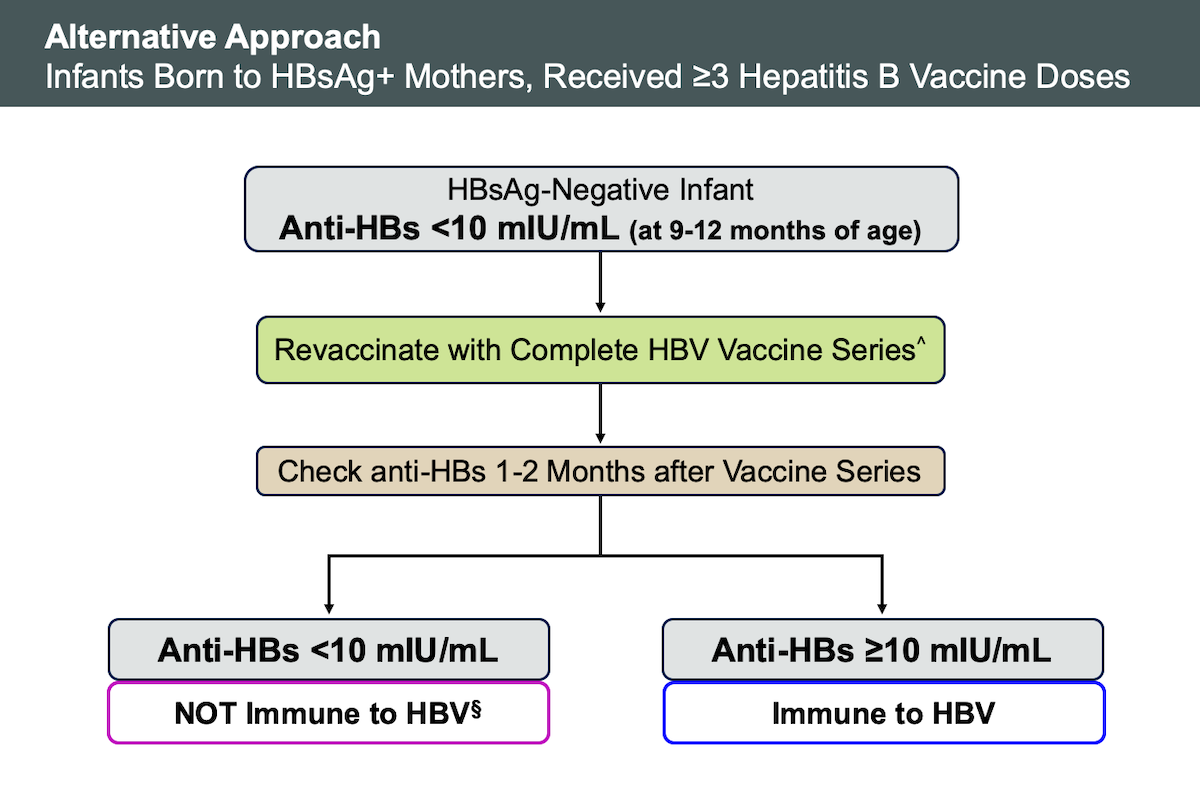
Core Concepts - Preventing HBV Perinatal Transmission - Prevention of HBV - Hepatitis B Online
Chronic hepatitis B in children and adolescents - Journal of Hepatology
Everything You Need to Know About Vaccinations
Advisory Committee on Immunization Practices (ACIP) - Department of Health and Human Services (HHS) and Centers for Disease Cont
Pros and Cons of Vaccinations | Chicago News | WTTW
Hepatitis B vaccine: Safety and side effects
Two Decades of Universal Hepatitis B Vaccination in Taiwan: Impact and Implication for Future Strategies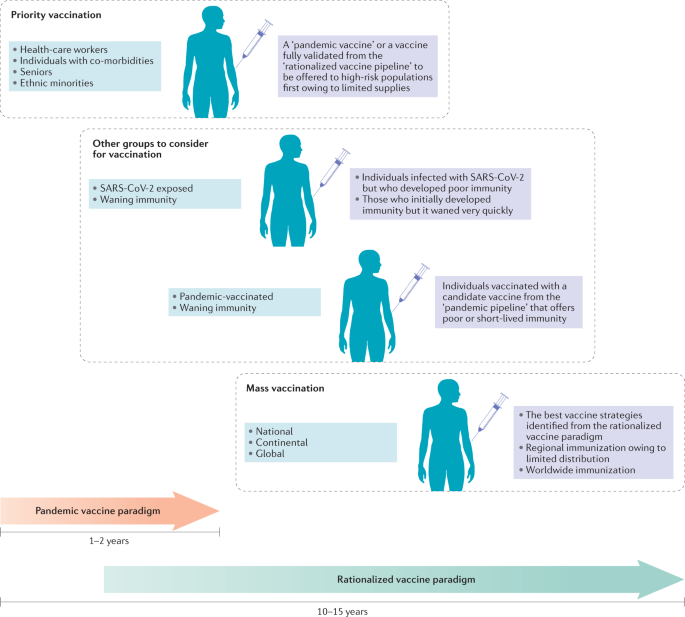
Immunological considerations for COVID-19 vaccine strategies | Nature Reviews Immunology
Hepatitis B:
Management of chronic hepatitis B in childhood: ESPGHAN clinical practice guidelines - Journal of Hepatology
12 Procedures You Need To Decide On For Your Newborn | BellyBelly
Hepatitis B: Screening, Prevention, Diagnosis, and Treatment - American Family Physician![Forum: What Do Doctors Think About America's]()
Forum: What Do Doctors Think About America's "Vaccine War"? | The Vaccine War | FRONTLINE | PBS | Official Site
Pros and cons about vaccines - People's Daily Online
The costs of home delivery of a birth dose of hepatitis B vaccine in a prefilled syringe in Indonesia
Hepatitis B: Screening, Prevention, Diagnosis, and Treatment - American Family Physician
Pros and Cons of Vaccinations | Chicago News | WTTW
PDF) Parents' attitudes towards hepatitis B vaccination for their children. A survey comparing paper and web questionnaires, Sweden 2005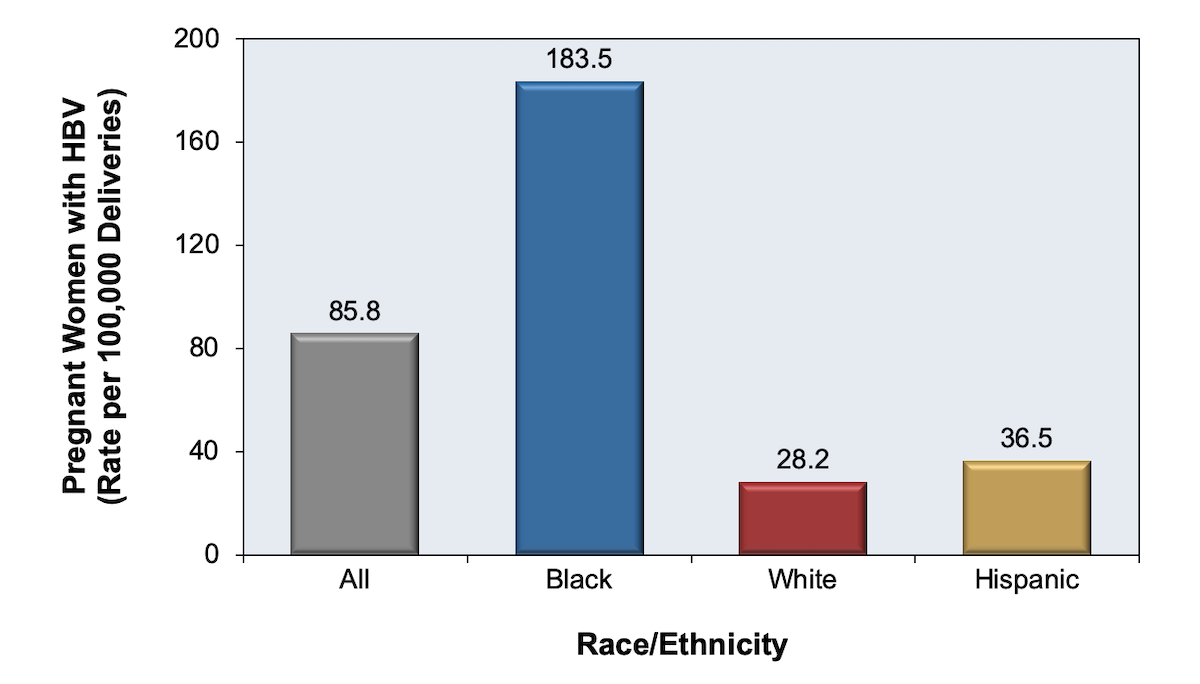
Core Concepts - Preventing HBV Perinatal Transmission - Prevention of HBV - Hepatitis B Online
 What are the pros and cons of having a newborn vaccinated for Hepatitis B? - Dr. Dhanashree Kulkarni - YouTube
What are the pros and cons of having a newborn vaccinated for Hepatitis B? - Dr. Dhanashree Kulkarni - YouTube





























Posting Komentar untuk "hep b vaccine for newborns pros and cons"